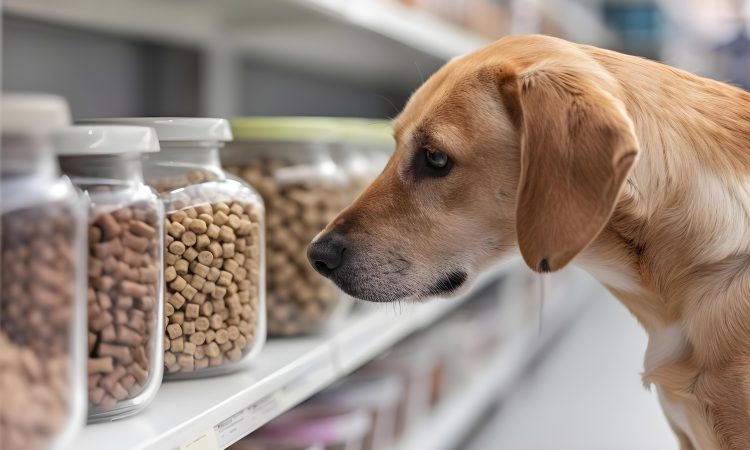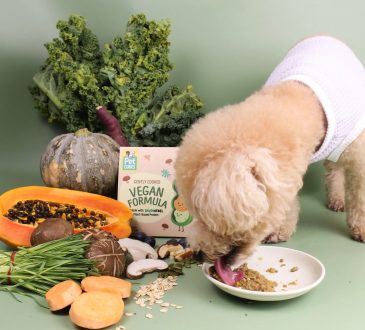
Does your pup frequently have vomiting, diarrhea, gas, or other tummy troubles? If so, they likely suffer from a sensitive stomach that requires a special diet and extra care. Constant stomach upset is uncomfortable for dogs and can even lead to dehydration or nutrient deficiencies when left unmanaged.
Look for Easy Digestion
The best dog food for sensitive stomach and diarrhea contains highly digestible, low-residue ingredients that are gentle on the gastrointestinal tract. The experts at Nextrition say that premium quality protein like real chicken, turkey, or fish is ideal, while you will want to limit ingredients that can be harder to break down.
Go for simple whole food carbs like rice, oats, or potatoes rather than corn, wheat, or soy fillers. Steer clear of by-products, excessive fiber, artificial preservatives/flavors, and rendered fat sources that can further irritate the stomach.
Introduce Supplements
Even with an appropriate sensitive stomach diet, many dogs benefit from adding gut-supporting supplements like:
- Probiotics – Live bacteria that help restore microbiome balance and aid digestion. Look for strains like Lactobacillus and Bifidobacterium.
- Pumpkin – High in prebiotics and soluble fiber to calm digestive upset and firm up loose stools.
- Slippery Elm – This herb can help soothe and coat irritated intestinal membranes during flare-ups.
- Digestive Enzymes – Help properly break down proteins, fats, and carbs for smoother digestion.
- Bone Broth – Provides healing compounds for the gut lining plus hydrating fluids during stomach issues.
Try a Limited Ingredient Diet
For severe stomach sensitivities or food intolerances, vets often recommend an ultra-simple limited ingredient diet with just one or two novel protein and carb sources your pup has never had before. This gives the gut a chance to reset and rules out ingredients triggering reactions.
Popular options are protein from duck, venison or salmon paired with a carb like sweet potato or oatmeal. These very basic, hypoallergenic recipes contain no fillers or additives that could cause further irritation.
Feed on a Schedule
It is best to feed sensitive stomach pups on a consistent schedule of small, frequent meals rather than one or two large feedings. This allows their bodies to digest the food slowly and steadily in a controlled manner.
Divide their total daily portion into three or four meals spaced several hours apart, removing any uneaten food after 15-20 minutes. Having a reliable routine helps prevent overloading their delicate digestive systems.
Provide Plenty of Fresh Water
Having constant access to clean, fresh water is crucial for dogs with sensitive stomachs. Dehydration makes gastrointestinal issues even worse and can lead to serious complications.
Make sure to have multiple water bowls available and consider adding low-sodium bone broth or chicken broth (no onions/garlic) to encourage fluid intake, especially during bouts of vomiting or diarrhea.
Slow Down Eating
Does your sensitive stomach pup tend to wolf down their food rapidly and suffer stomach issues afterwards? Slow feeder bowls, puzzle feeders, or even placing a large rock in the dish can help prevent voracious eating by making them work harder to get each bite.
Consider Medications
In some cases, prescription medications like antacids (famotidine), anti-nausea drugs, intestinal motility modifiers, or even steroids may be needed short term to quell inflammation and get your dog’s stomach issues under control. Your vet can determine if meds combined with a sensitive stomach diet are necessary based on symptoms and exam findings.
Conclusion
With the right sensitive stomach dog food, proper eating routine, occasional supportive supplements, and avoiding any doggy dietary indiscretions, you can get your pup’s delicate digestive system back on track. It just takes some detective work and commitment to lasting change.




